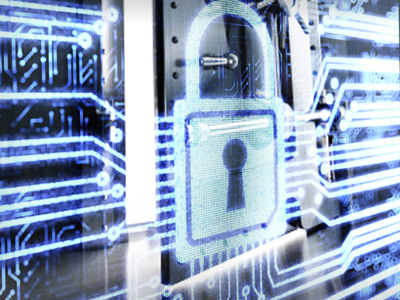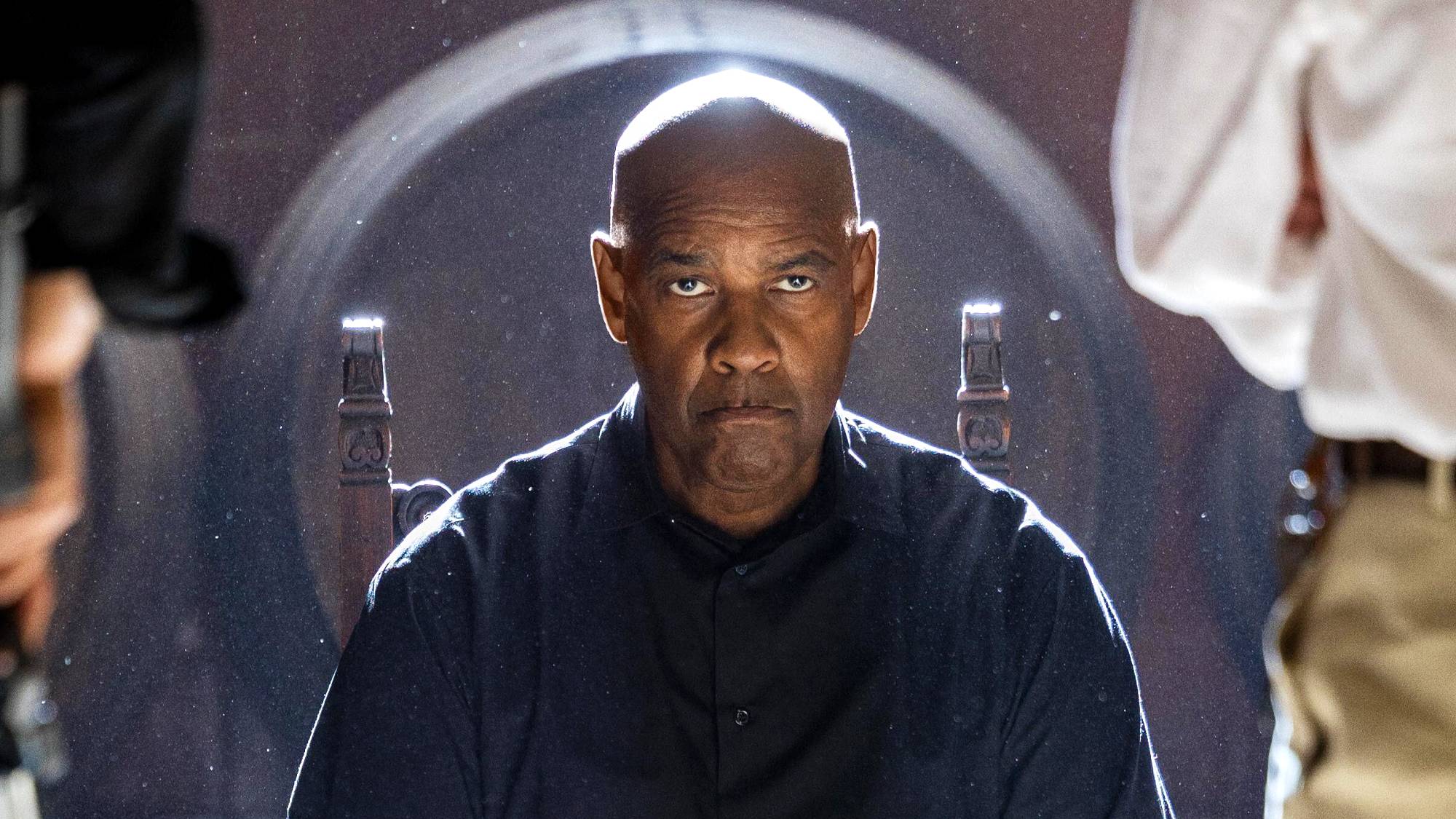Obama Signs Cybersecurity Executive Order
Here at Tom’s Guide our expert editors are committed to bringing you the best news, reviews and guides to help you stay informed and ahead of the curve!
You are now subscribed
Your newsletter sign-up was successful
Want to add more newsletters?

Daily (Mon-Sun)
Tom's Guide Daily
Sign up to get the latest updates on all of your favorite content! From cutting-edge tech news and the hottest streaming buzz to unbeatable deals on the best products and in-depth reviews, we’ve got you covered.

Weekly on Thursday
Tom's AI Guide
Be AI savvy with your weekly newsletter summing up all the biggest AI news you need to know. Plus, analysis from our AI editor and tips on how to use the latest AI tools!

Weekly on Friday
Tom's iGuide
Unlock the vast world of Apple news straight to your inbox. With coverage on everything from exciting product launches to essential software updates, this is your go-to source for the latest updates on all the best Apple content.

Weekly on Monday
Tom's Streaming Guide
Our weekly newsletter is expertly crafted to immerse you in the world of streaming. Stay updated on the latest releases and our top recommendations across your favorite streaming platforms.
Join the club
Get full access to premium articles, exclusive features and a growing list of member rewards.

As expected, U.S. President Barack Obama has signed a cybersecurity executive order following months of discussions with technology firms.
The order will "strengthen our cyber defenses by increasing information sharing, and developing standards to protect our national security, our jobs, and our privacy," Obama said during his State of the Union address.
The executive order doesn't propose new regulations that target private businesses, nor does it seemingly rewrite privacy laws by allowing companies to share confidential information with government agencies without permission.
Republicans are still wishing to do exactly that in their own bill called the Cyber Intelligence Sharing and Protection Act, or CISPA. Obama's order has, however, eased the pressure on Congress to progress with the controversial bill. Still, it'll be reintroduced on February 13 by House Intelligence committee chairman Mike Rogers, a Michigan Republican.
As the president signed an executive order as opposed to a new law, the U.S. government is restricted in directing the activities of federal agencies. Some aspects of the order includes expanding "real time sharing of cyber threat information" to firms that operate critical infrastructure, as well as proposing a "review of existing cybersecurity regulation."
"Rather than having the government monitor private networks, it is better for security and privacy to have private entities protect their own systems and networks. Better sharing of what the government knows will enhance that effort," said Leslie Harris, president of the Center for Democracy and Technology.
Contact Us for News Tips, Corrections and Feedback
Get instant access to breaking news, the hottest reviews, great deals and helpful tips.

Zak was a contributing writer at Tom's Guide with a focus on security, networking and general computing. As a fan of any and all news relating to hardware, graphics chips or CPUs, Zak has also written for other tech sites such as Tom's Hardware and Digital Trends.
-
wannabepro I am a Republican.. But this man, this Mike Rogers, he shames us all.Reply
He should resign, and then cast himself into a sea of raging redditors for his misdeeds. -
Increasing information sharing? Sounds like a juicy target for the next generation of hackers to get past this "new and advanced" security technology...SEEMS LEGIT RIGHT?!Reply
-
yamahahornist Sounds like Internet regulations to me....... Get out of my freaking Internet Obama!Reply -
instinctgone biohazrdfearIncreasing information sharing? Sounds like a juicy target for the next generation of hackers to get past this "new and advanced" security technology...SEEMS LEGIT RIGHT?!Reply
Defeats the purpose of the internet. It was created and instituted as a means to share information among many users over great distances at great speed. The internet should not be ruled by any one nation but should have it's own governing body separate and without intrusion of any particular government. -
koga73 ReplyThe internet should not be ruled by any one nation but should have it's own governing body separate and without intrusion of any particular government.
Disagree the internet does not NEED a "governing body" and if there were one it would be controlled by government. The internet needs to remain open and free. Any form of governance will lead to more.
I feel like this article talks more about what the executive order doesn't do than what it does... Information sharing... thats kind of vague and what was stopping people from sharing this information before?! -
drbaltazar yep,USA is doing exactly the reverse of what is needed,basicly giving everybody a back door ,he doesn't understand that if there is a backdoor ,there is no way to prevent its use,whatever his specialist say,countless hacker that hack to secure corp can tell .he should have ordered all backdoor on every device closed instead,now corp won't bother closing those ,government want everything open (prostitute come to mind)yep ,show me the money honey we (everybody with an access to those gateway)got your fantasy!yep we re back to square one about 300 years ago.sad!Reply -
The order will "strengthen our cyber defenses by increasing information sharing, and developing standards to protect our national security, our jobs, and our privacy," Obama said during his State of the Union address.Reply
Our privacy? He just signed on another 5 years of the Patriot Act of which he was supposedly against and he's worried about our privacy? What a hypocrite!
 Club Benefits
Club Benefits










